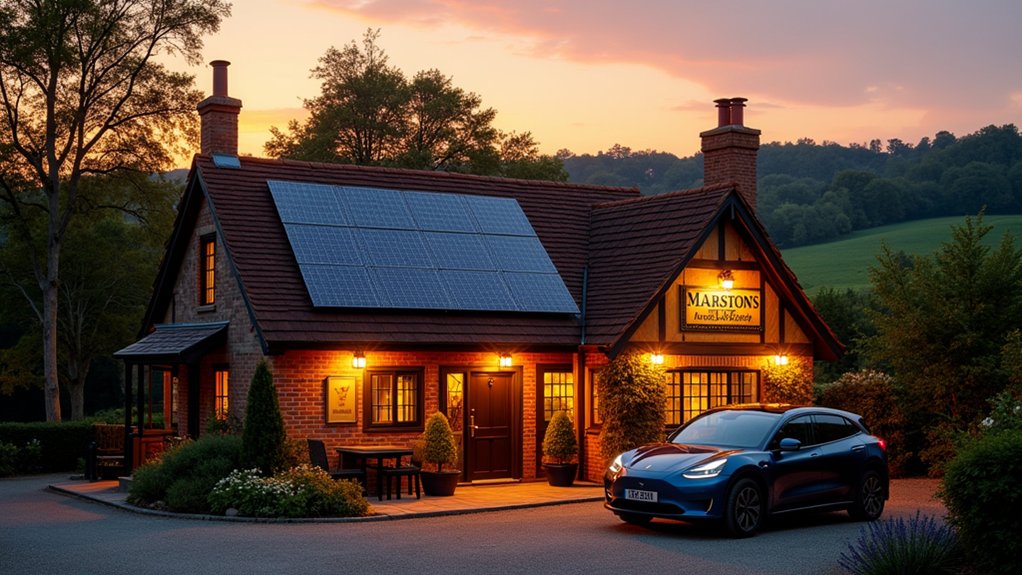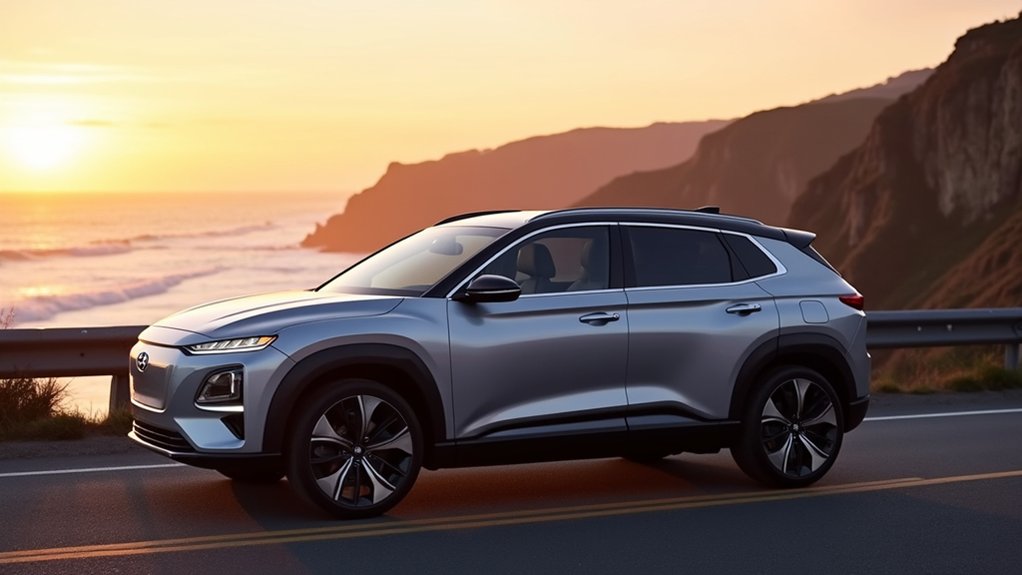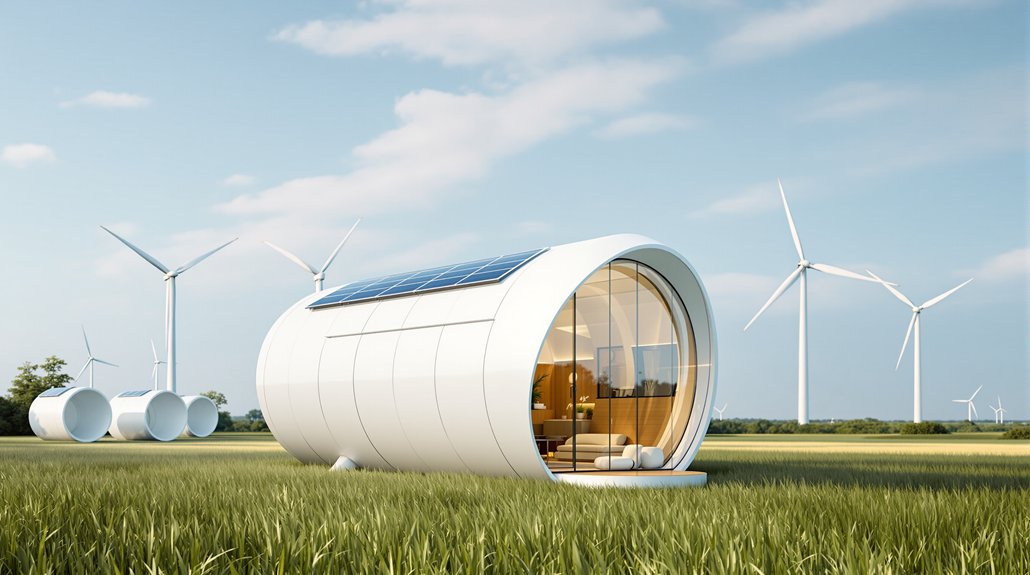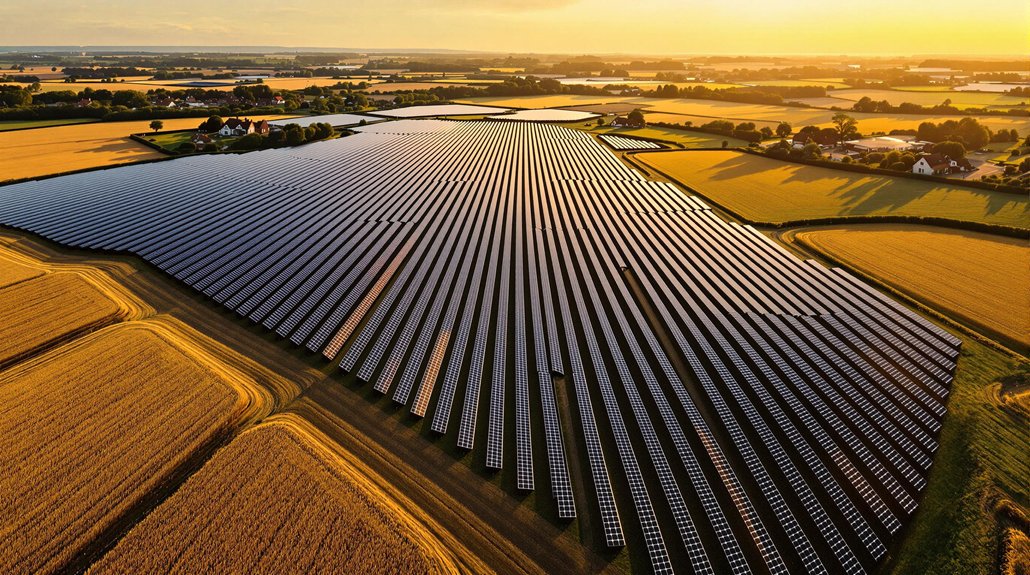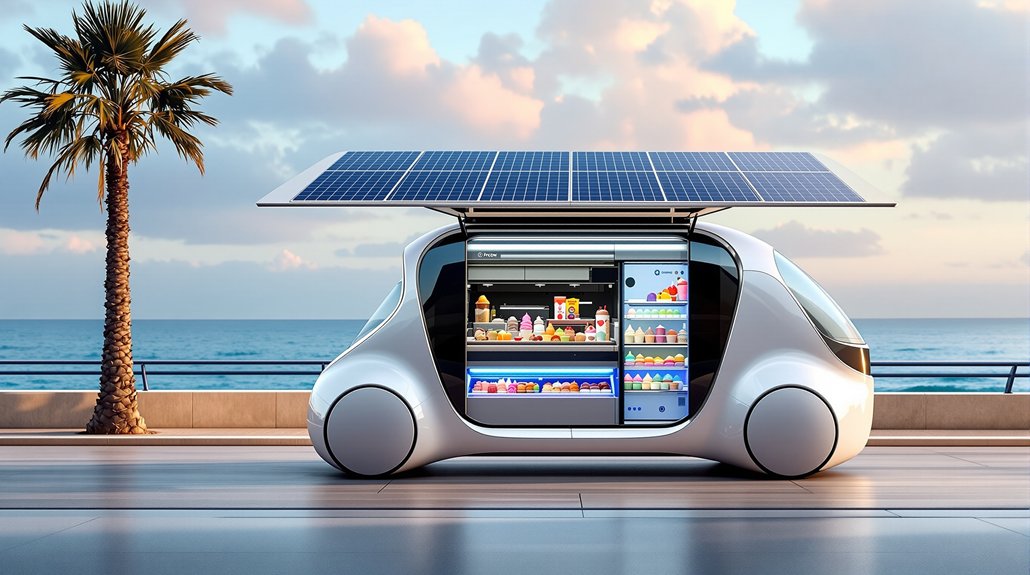As the UK races toward its 2050 carbon-neutrality target, Marston’s has emerged as a frontrunner in the hospitality sector’s sustainability transformation with its ambitious solar panel rollout across 120 pubs nationwide. The initiative, commencing January 2025 with completion of the first phase expected by Q2 2026, represents a notable step in the company’s journey to achieve net zero operations by 2040.
This installation program taps into the remarkable momentum of the UK solar market, which recorded over 1.46 million installations by February 2024. The national solar capacity reached an impressive 15.8 GW earlier this year, showing a 5.9% growth from previous figures. The timing couldn’t be more appropriate, as 2023 saw 191,524 new installations across the country, making it the second most productive year since 2011.
The economic calculus for pub solar adoption is compelling. These systems deliver immediate reduction in energy costs while simultaneously insulating businesses from volatile electricity markets. I’ve observed similar deployments result in enhanced property values and strengthened brand loyalty among increasingly eco-conscious consumers. Solar PPAs make the financial barrier to entry remarkably low. The inflation-adjusted cost of solar panels has decreased by 25% since 2013/14, making the investment even more attractive for businesses.
Marston’s initiative aligns perfectly with broader public sentiment, as 90% of Britons support solar adoption. This public goodwill translates to tangible business advantages, with sustainability credentials increasingly influencing consumer choices in the hospitality sector. The £5.4 million project will deliver 3.6 GWh annually across the pub portfolio, significantly reducing carbon emissions. Shareholders, too, recognize these investments as prudent long-term risk mitigation strategies rather than mere environmental window dressing.
Technological advancements have dramatically improved solar panel efficiency while regulatory frameworks have evolved to streamline commercial installations. The integration of battery storage technology further enhances the utility of these systems, allowing pubs to store solar energy for use during peak demand periods.
The South East leads regional solar deployment, but Marston’s nationwide initiative could help redistribute this green infrastructure more evenly across the UK. As commercial buildings contribute notably to national emissions, this pub-based solar revolution represents a practical model for sector-wide decarbonization.
